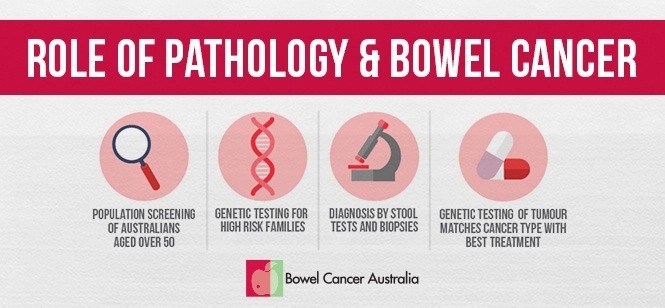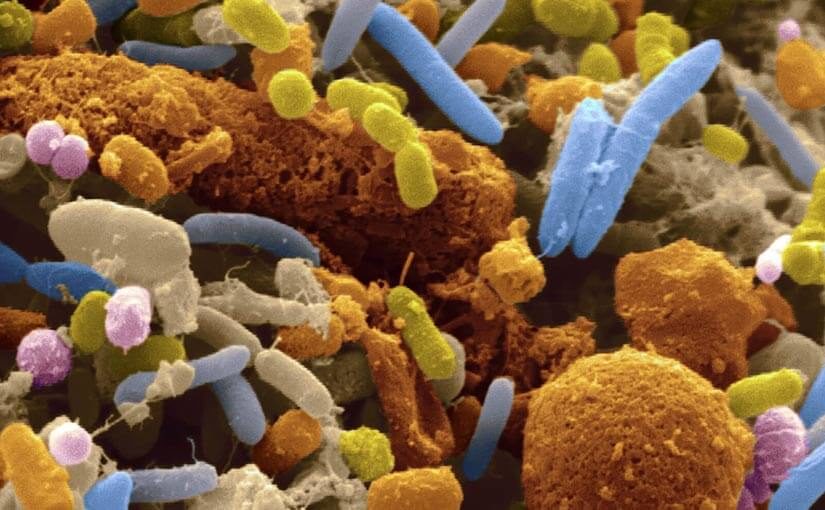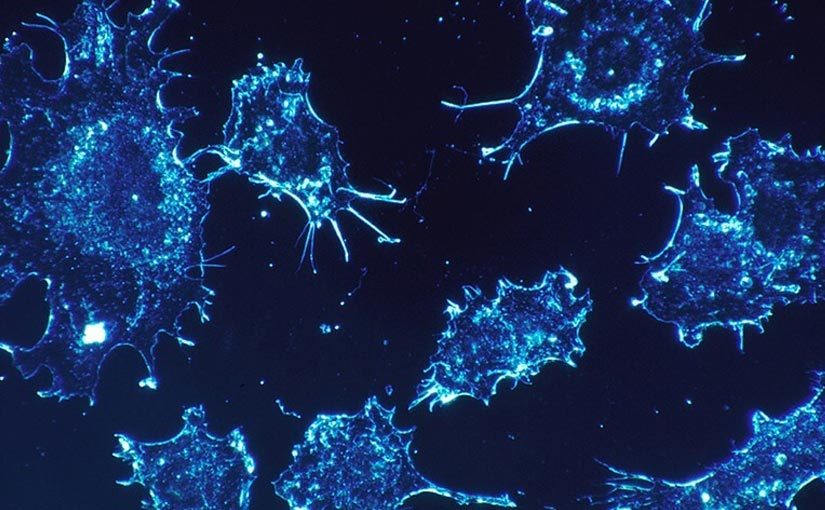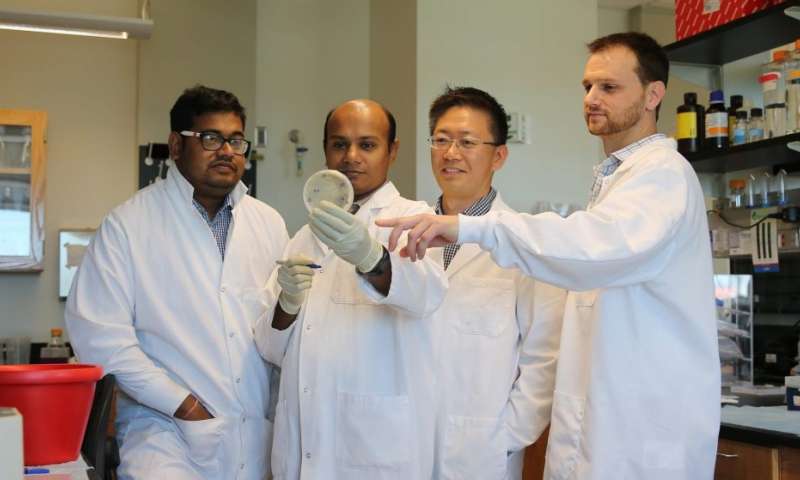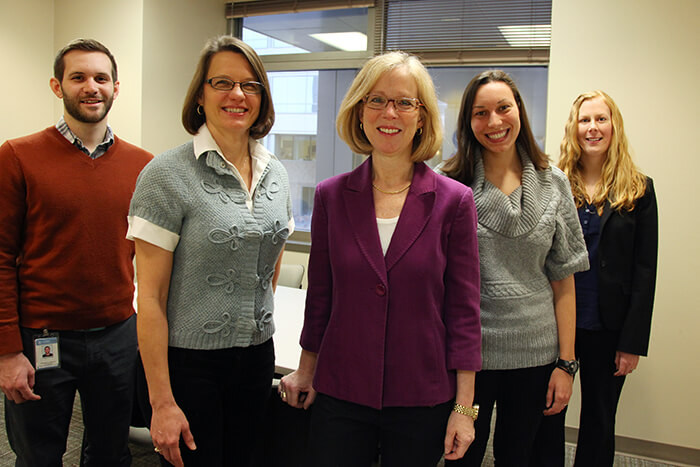Poor awareness of bowel cancer screening a worrying risk to Australian adults
The latest research on bowel cancer awareness in Australia has been published in Public Health Research & Practice and shows some concer
The surprising link between gut bacteria and cancer treatment
Personalised medicine, the use of targeted drugs and treatments based on an understanding of a person's genetics, has significantly improved
Genetics promise personalised treatment to prevent glaucoma blindness
The Department of Health has invested $9.46 million in genetics research aimed at preventing glaucoma blindness, through personalised treatm
BRCA gene test brings hope for patients at high risk of breast and ovarian cancer
Australians with a family history of breast and ovarian cancer will soon be more readily able to undergo genetic tests to assess their risk
Origin unknown – how pathology is helping to fight mysterious cancers
Pathology testing is crucial for the diagnosis of cancer, as well as providing guidance for the best treatment options.
Cancer treatment
New study supports the case for CA-125 biomarker test in ovarian cancer diagnosis
Research into improving outcomes for ovarian cancer patients is ongoing but a new study out of the UK suggests that greater awareness is ne
Medical breakthrough or ethical minefield: Should CRISPR be used on human embryos?
CRISPR is a gene editing technology with enormous potential to cure disease
CRISPR technology has prompted international
Magnificent mutations: when genetic variations are good news
Genetics is an area that hits the headlines often, with many health conditions caused or influenced by genetic variations.
Fortunately, g
CRISPR tech leads to new screening tool for Parkinson’s disease
Pictured: UCF scientists. Credit: UCF, College of Medicine
We’ve spoken a lot about the potential uses of CRISPR – the gene-editing t
Could genetics be the key to treating anorexia?
Eating disorders are thought to affect nearly 1m Australians1, with anorexia nervosa, bulimia and binge eating disorders the most common.

